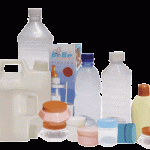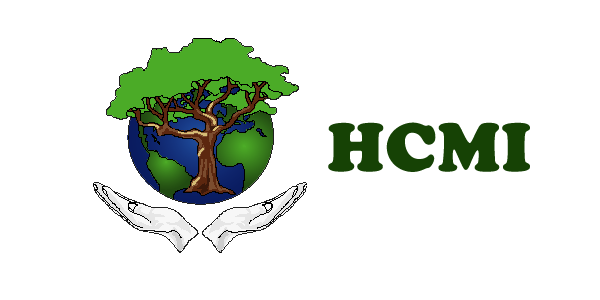April 29, 2005 Cancer News from Johns Hopkins:
 Johns Hopkins has recently sent this out in its newsletters. This information is being circulated at Walter Reed Army Medical Center. Dioxin chemicals causes cancer, especially breast cancer. Dioxins are highly poisonous to the cells of our bodies. Don’t freeze your plastic bottles with water in them as this releases dioxins from the plastic.
Johns Hopkins has recently sent this out in its newsletters. This information is being circulated at Walter Reed Army Medical Center. Dioxin chemicals causes cancer, especially breast cancer. Dioxins are highly poisonous to the cells of our bodies. Don’t freeze your plastic bottles with water in them as this releases dioxins from the plastic.
Recently, Dr. Edward Fujimoto, Wellness Program manager at Castle Hospital, was on a TV program to explain this health hazard. He talked about dioxins and how bad they are for us. He said that we should not be heating our food in the microwave using plastic containers. This applies to foods that contain fat. He said that the combination of fat, high heat, and plastics releases dioxin into the food and ultimately into the cells of the body.
Instead, he recommends using glass, Corning Ware, or ceramic containers for heating food. You get the same results, only without the dioxin. So such things as TV dinners, instant ramen and soups, etc., should be removed from the container and heated in something else. Paper isn’t bad but you don’t know what is in the paper. It’s just safer to use tempered glass, Corning Ware, etc. He reminded us that a while ago some of the fast food restaurants moved away from the foam containers to paper. The dioxin problem is one of the reasons.
Also, he pointed out that Saran wrap is just as dangerous when placed over foods to be cooked in the microwave. As the food is nuked, the high heat causes poisonous toxins to actually melt out of the plastic wrap and drip into the food. Cover food with a paper towel instead.
- No plastic containers in micro.
- No water bottles in freezer.
- No plastic wrap in micro.
- Of course, if you are a serious health advocate, you won’t use a microwave at all! Read more here ..
In reference to plastics, one of the other issues people often discuss is the little number seen in a triangle on the bottom of plastic containers. The number ranges between 1-7. Some people say the higher the number is, the better quality the plastic is. Here is a website that gives some good information about the numbers. Many people buy their drinking water, which of course, comes in plastic bottles. And most of those bottles are made with #1 plastic (not so good). And while you might be thinking that the real danger is in heating and freezing plastic, do you really know how temperature controlled the storing facilities are where the water is bottled and stored? Are the trucks shipping the bottled water keep cool?
